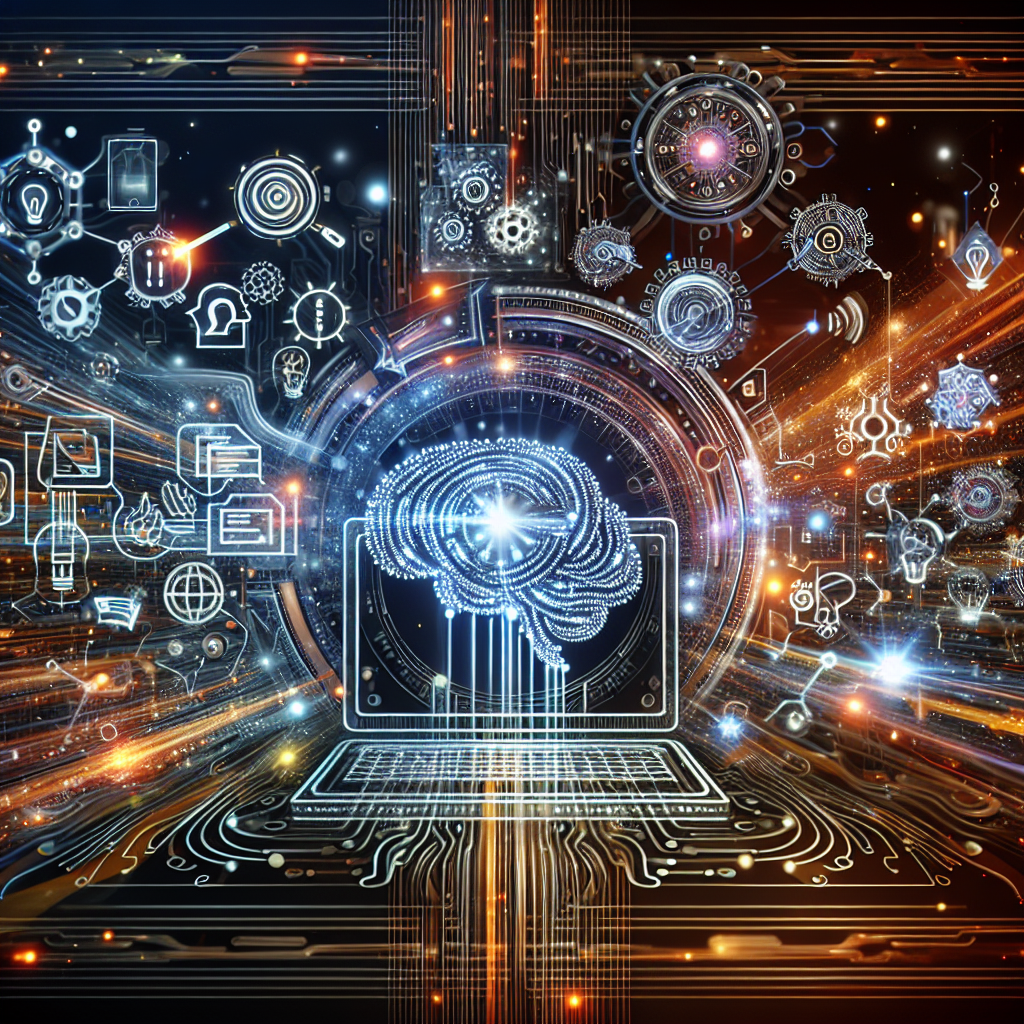Introduction
The digital media landscape is rapidly evolving, and at the forefront of this transformation is artificial intelligence (AI). AI-powered content creation is reshaping how we produce, distribute, and consume information. This article will delve into the implications of AI in content creation and what it means for the future of digital media.
Understanding AI-Powered Content Creation
AI content creation refers to the use of artificial intelligence to generate written, audio, and visual content autonomously or with minimal human intervention. With advancements in natural language processing (NLP), machine learning, and deep learning, AI systems can analyze vast datasets to produce content that is often indistinguishable from that created by humans.
Types of AI Content Creation Tools
- Text Generation Tools: AI algorithms like OpenAI’s GPT-3 can generate articles, blog posts, and even poetry.
- Image and Video Creation: Platforms like DeepArt and Runway ML utilize neural networks to create stunning visuals and videos.
- Audio Generation: Tools such as Descript and AIVA compose music or generate voiceovers with human-like articulation.
The Benefits of AI in Content Creation
1. Increased Efficiency
AI tools can produce content at an unprecedented speed. Whether it’s drafting multiple blog posts or generating social media updates, these tools save time and allow creators to focus on strategy and quality.
2. Enhanced Personalization
AI can analyze user behavior and preferences to create tailored content. This personalization helps businesses connect with their audience on a deeper level, increasing engagement and customer loyalty.
3. Cost-Effectiveness
By automating the content creation process, companies can reduce labor costs and allocate resources more effectively. This efficiency is particularly beneficial for startups and small businesses.
4. Improved SEO Optimization
AI-powered tools can analyze search engine algorithms and suggest content strategies that optimize visibility and performance, potentially increasing organic traffic.
Challenges of AI in Content Creation
1. Quality Control
While AI can generate vast amounts of content, ensuring quality remains a challenge. AI may struggle with context, nuance, and creativity, leading to potentially bland or inaccurate content.
2. Ethical Considerations
The rise of AI in content creation raises ethical questions surrounding copyright, plagiarism, and the authenticity of information. As AI mimics human writing styles, distinguishing between original and AI-generated content becomes increasingly difficult.
3. Dependence on Technology
Over-reliance on AI for content creation can undermine human creativity and originality. It is essential for creators to use AI as a tool rather than a crutch.
The Future of Digital Media with AI
The integration of AI into content creation will undoubtedly shape the future of digital media. Here are several key trends to watch:
1. Collaborative Content Creation
The future will see more collaborations between humans and AI, where AI serves as an assistant that enhances human capabilities rather than replacing them. This collaboration will lead to unique content that combines the efficiency of AI with the creativity of human authors.
2. Real-Time Content Generation
As AI becomes faster and more sophisticated, we may see real-time content creation that responds to current events or trending topics instantly. This capability will keep media outlets relevant and engaging.
3. Democratization of Content Creation
AI tools are becoming accessible to everyone, allowing individuals with minimal technical skills to create professional-grade content. This democratization may lead to an explosion of diverse voices and perspectives in the digital space.
4. Ethical AI Development
The media industry will need to prioritize ethical AI development practices to address concerns around bias, misinformation, and job displacement. Developing transparent algorithms and accountability measures will be essential for maintaining trust.
Conclusion
AI-powered content creation is revolutionizing the digital media landscape. While it offers numerous advantages in efficiency, personalization, and cost-effectiveness, it also comes with significant challenges that must be addressed. As we navigate this transformation, the future of digital media will likely be defined by a harmonious collaboration between humans and AI, fostering creativity and innovation while upholding ethical standards. Embracing this change will be crucial for creators, businesses, and consumers alike.

